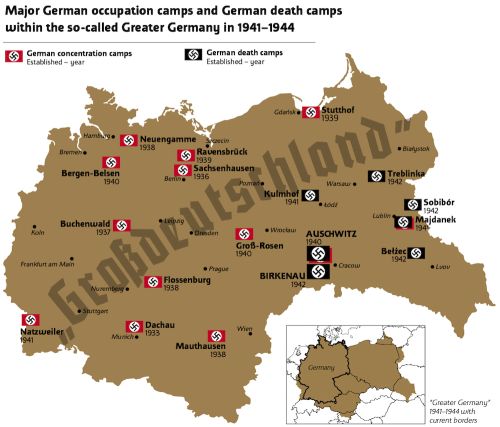The EU's crisis anticipation capacity will be strengthened
(BRUSSELS2) The European Council will endorse, on 11 and 12 December, the reinforcement of the capabilities of the European Security and Defense Policy (ESDP), particularly in terms of anticipating and planning crises, whether civilian or military. Paris, Berlin and London agree to move forward on this subject; which is rare enough to be underlined and does not constitute a lesser success for the French presidency of the EU which had included the ESDP among its priorities.
The observation is twofold, in fact: the EU currently lacks planning capacities. And we have on one side, civilians, on the other, soldiers, who do, after all, the same work. The crisis in Georgia has shown this: crisis planning is largely the same whether the response is civilian or military.
The sentence that appears in the declaration on capabilities to be adopted by the Summit could almost seem innocuous. "We encourage the efforts of the Secretary-General to establish a new single civil-military planning structure at the strategic level for ESDP operations and missions, to strengthen the civil-military coherence of our engagements, which constitutes an added value specific and without equivalent of the European Union".
But - as is often the case at European level - it is not the first or the last which are the most important, but the small paragraph lost in the middle of others... This represents - in my view - a significant step forward. Even if the word is not spoken, it is a first step towards a real European operation HQ.
A new "Crisis Management" department
Concretely, a new Directorate in charge of “crises” will be created within the Council of the EU. Most of the staff of this new Directorate will come from existing directorates: DG E8 (defence issues), DG E9 (civil crises) (*), as well as from the Military Staff or CCPC. These last two bodies will be retained, with more responsibility for the conduct of operations (therefore it is not, strictly speaking, the European Headquarters so long hoped for). Within this directorate will be set up a "hard core" of 20 high-level planners, capable of carrying out strategic planning for all civil and military operations, that is to say " present to the Ministers, very quickly, the various possible options in the face of any crisis as one diplomat put it. If the High Representative/Secretary General of the Council determines the practical arrangements for this reorganization, the three capitals seem to agree to proceed with some external recruitment (or secondment of personnel from the Member States).
In a way, we are anticipating the Treaty of Lisbon
Behind this project, a restructuring of the crisis management structures of the European Union is emerging which is, in a way, the prefiguration of the future “external service” of the EU, in its “ESDP” part. The architects of this solution have, in fact, worked according to two options: with the current treaty or with the Treaty of Lisbon. The major difference then comes from the incorporation of specialists from the “Pesc” directorate into the European Commission's DG Relex. A very interesting point since these staff bring their know-how in budgetary matters and public contracts, and could thus introduce flexibility into procedures that are currently inadequate for crisis management.
(NGV)
(*) We thus come back to the situation which foreshadowed a few years ago when Pieter Feith (now gone to direct the international civil office in Kosovo) was its director with a single directorate,” observes an expert on the matter.

